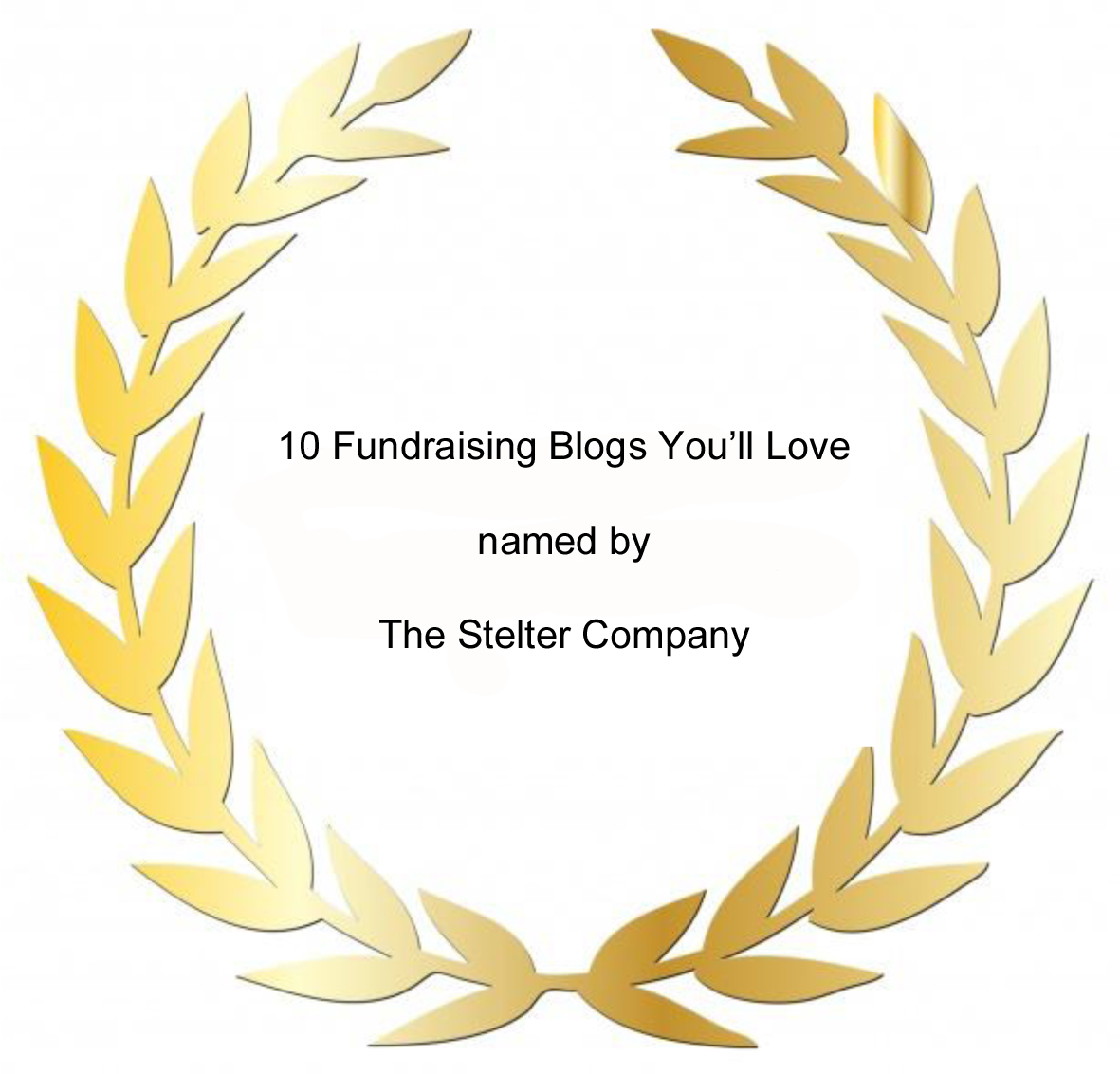I recently had the opportunity to spend some quality time with a major donor. He was kind enough to visit with my graduate students in the “Advanced Fund Development” class I teach at Drexel University. Daniel (not his real name) shared a number of valuable insights about how some philanthropists think.
I thought you might like to learn what Daniel had to say since it might very well help you when working with your own donors and prospects.
 Daniel and his wife personally contribute generously to a variety of nonprofit organizations and serve on a number of nonprofit boards. Daniel also administers a family foundation established by his parents.
Daniel and his wife personally contribute generously to a variety of nonprofit organizations and serve on a number of nonprofit boards. Daniel also administers a family foundation established by his parents.
Daniel told the class that he believes “donors see their giving as an extension of themselves.” He indicated that the more involved he is with an organization, the more personally he’s connected, the more likely he is to donate. In addition, he said that he is motivated by the notion of “giving back.” If he, or a family member, has benefited from the services of an organization in a significant way, he’s more likely to contribute.
However, for Daniel, it’s not all about involvement and reciprocity. He needs to also have confidence in an organization’s leadership before he’ll provide a significant gift. Two of the things that help build his confidence in the leadership are:
- the quality of the organization’s products or services,
- the demonstrated efficiency with which the organization provides those products or services.
One of his sources for information about organizational efficiency is Guidestar.
If an organization has a good relationship with a prospective donor, Daniel doesn’t really believe there’s much of risk in accidentally asking for too much. He says, “People aren’t really offended by being asked for too much if they were properly cultivated first.”
Daniel understands nonprofit organizations. He expects to be asked. If he’s asked for too much, he simply lets the development professional know. He doesn’t get offended because he assumes the development professional has made a good-faith attempt to ask for something appropriate. Sometimes they miss; sometimes they hit the target.
When discussing particularly large or complex gift arrangements, Daniel doesn’t rely on the expertise of his development contact. Instead, he turns to his lawyer for advice. While he wants his development contact to be knowledgeable, he has no expectation of or need for that person to be an expert in the area of complex gifting.
Organizations that approach Daniel should also understand that he and his wife consult each other before making philanthropic commitments. While they don’t necessarily support all the same organizations, they’re both involved in most philanthropic decisions.
When he gives, Daniel really doesn’t expect to receive any tangible benefits. Daniel says such benefits or little recognition gifts are not very important to him, though they’re sometimes nice. What’s more important to him is access. For example, when he contributes to a theatre company, he enjoys the opportunity to meet the actors and directors.
While Daniel likes having the option to meet with a development professional, to visit an organization’s home, or to observe its programs, he doesn’t usually require a lot of hand-holding before making a philanthropic decision because, in part, he doesn’t have the time for it.
“Someday, I may have more time, but I won’t necessarily want to spend it with a development person,” he says with a smile. He’s happiest when organizations respect his time while giving him the option of how much contact he will have.
Much of what Daniel shared with my students was nothing new. Researchers have found many donors feel the same way. But, his insights serve as terrific reminder for all development professionals.
When working with your major donors and prospects, keep these tips in mind:
1. Remember that major donors see giving as an extension of themselves. Their philanthropy reflects their sense of identity. This is particularly true with planned giving. So, be sure to demonstrate how their gift fits into their life’s story.
2. People are more likely to contribute when they are involved with an organization. They are especially likely to contribute when they, or a loved one, have received a valuable service from an organization. Consider creative ways to involve prospective donors with your nonprofit. Think about what you can give donors for little or no cost to the organization but of high-value to the prospect.
3. People are more likely to give if they have confidence in an organization’s leadership. The greater the confidence, the more likely that gift is to be larger. Help prospective donors get to know the organization’s staff and/or volunteer leaders. Demonstrate how efficiently the organization delivers high-quality products or services.
4. Do not be afraid to ask for a donation. But, make sure you’ve properly cultivated the prospect first. If you do, you’ll be more likely to get a gift. And, if you accidentally ask for too much, you won’t be in danger of offending the prospect as you would if you asked too soon.
5. Many major donors have their own expert advisors. While they want you to be knowledgeable, they don’t need you to be a tax and estate expert. If you can work collaboratively with a donor’s expert advisors, you’ll be helping the advisors better serve their client and your donor.
6. While one particular spouse might be your prospective donor, you’d be well served to remember that both will likely play some role in the gift-making process. So, determine at what point it might be worthwhile to cultivate the other spouse and involve him or her in the ask process. This is also true for gay and lesbian partners.
7. People don’t usually give because of the little trinket you give donors. Some may appreciate receiving what you offer, but it’s generally not high up on their list of motivators. And, some may actually resent the expense of being given a recognition item. Instead, what many major donors want is greater access. So, think of ways to make that happen.
8. Recognize that major donors are busy people. Don’t waste their time. Remember, just because they don’t want to meet with you doesn’t mean that they don’t care deeply about your organization. Be available to major donor prospects on their terms. Give them options for contact and involvement. Even if they don’t take you up on your offer to visit, they’ll still appreciate the gesture.
In short, Daniel was suggesting that organizations will benefit if they are donor centered. He’s not saying you have to be donor centered. He’s just saying his support will tend to go to those organizations that are.
That’s what Daniel and Michael Rosen say… What do you say?








